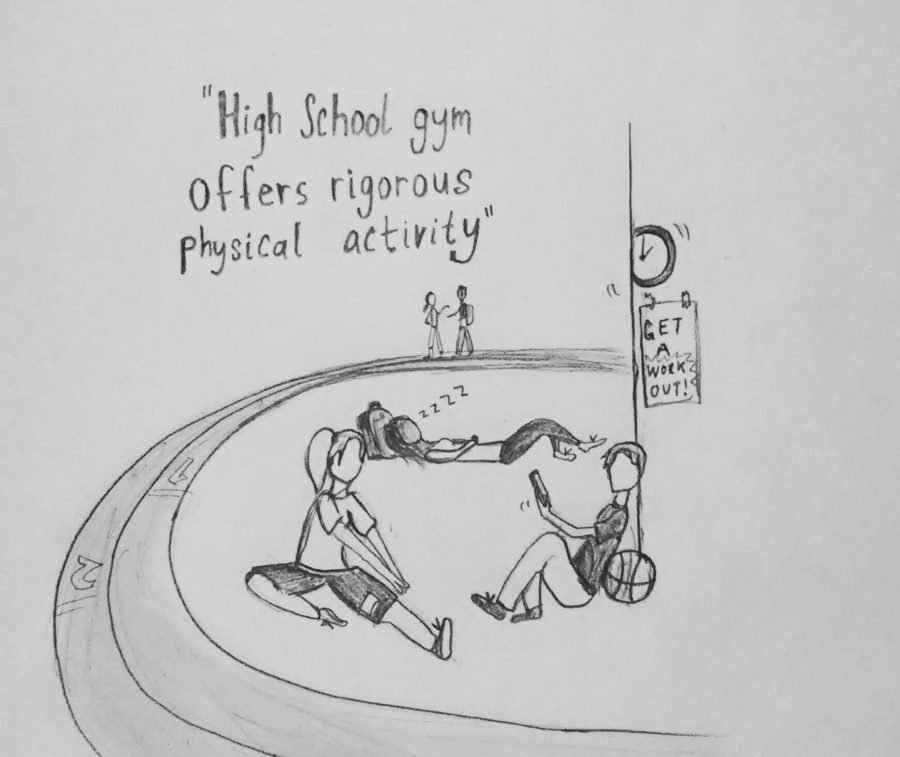Gym exemption decision reached
April 20, 2016
Ah, gym exemption. The debate over state mandated gym is a favorite amongst high schoolers. In fact, it’s not even much of a debate; rather, it’s more of a complaint. Many teens seem to be opposed to mandatory gym because there are other classes they wish to take in its place. However, options are available for students who qualify for gym exemption.
Recently, the School Board voted in favor of expanding gym exemption beyond multiple varsity sport athletes and members of the marching band. Students enrolled in WILCO can now reap the benefits of the policy, which is long overdue.
Considering WILCO eats up three periods a day, students who chose to take it often find themselves struggling to compensate and take classes necessary to graduate. This has also been the case for students in performing arts classes such as band and choir. Members of the band have been able to qualify for gym exemption their junior year for a while now, whereas choir students cannot. With current graduation requirements forcing people to take two years of foreign language and two years of social studies, many of these students resort to taking summer school.
Besides, gym doesn’t even account for that much physical activity. MSNBC conducted a study in which they analyzed how much physical activity students received from high school gym. Given the ideal length of a gym period is 45 minutes in the United States, they estimated students only receive a total of 16 minutes of physical activity.
From there, they tested whether or not extra gym time would make up for the low levels of activity students are receiving. They tried adding 200 extra minutes a week to gym classes and it resulted in a mere 7.5 additional minutes of activity.
“We’re not saying schools should get rid of (physical education), but that increasing time alone has no effect. There has to be a meaningful change in the curriculum,” Cornell Professor John Cawley said to MSNBC.
So how necessary is gym anyways?
According to MSNBC it really isn’t. Therefore, gym exemption should be extended beyond the current policy to all students following their sophomore year. If students are only averaging 16 minutes of physical activity, why not let them take classes that would better suit them for their future–and even free up their summers.
A choir student, for example, might–in order to get into their “dream school”–be required to take three years of foreign language and three years of social science. Under current parameters, and to meet other various school requirements, this is not possible unless they take summer school.
By making gym optional after sophomore year, students can learn in those two years the health benefits of eating healthy and participating in physical activities. That creates a healthy medium for students who need to meet the graduation requirements and wanting to take classes they can apply later down the road.


